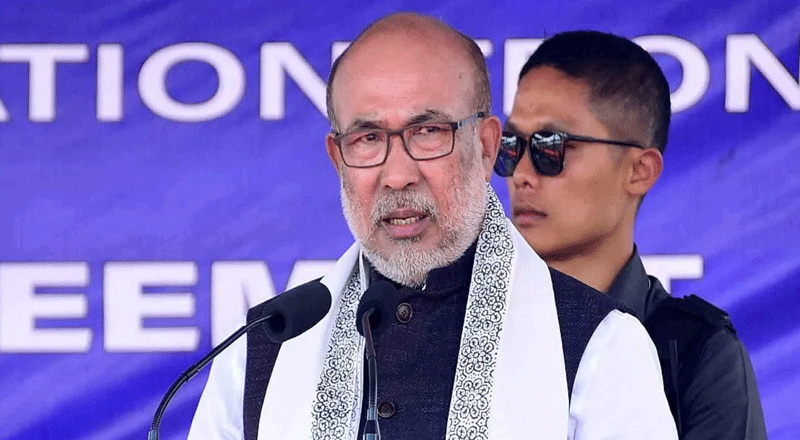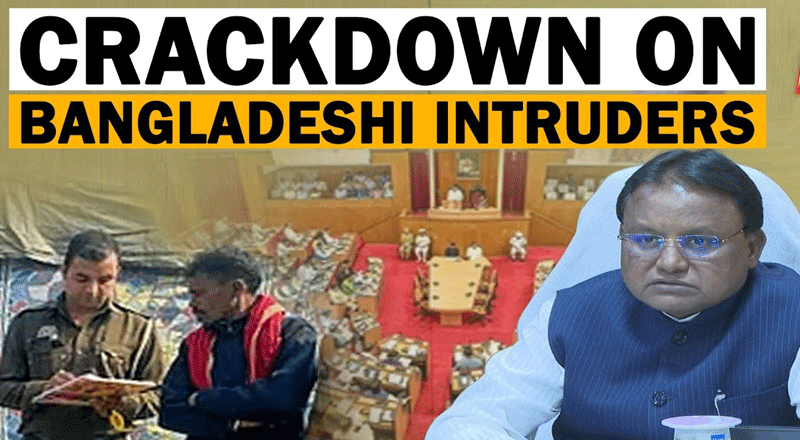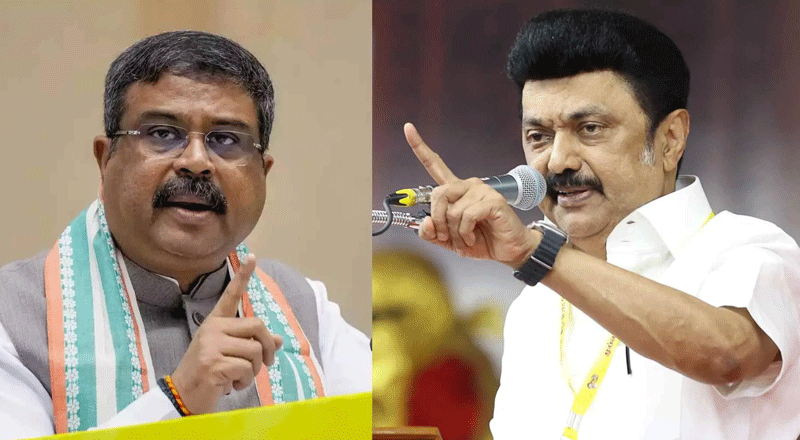The Background of Manipur’s Ethnic Violence
Manipur, a northeastern state of India, has been embroiled in ethnic violence since May 3, 2023. The unrest, primarily between the Meitei and Kuki communities, has led to significant loss of life and displacement. Over the past 21 months, Chief Minister N. Biren Singh faced mounting criticism over his handling of the crisis. Despite persistent opposition and internal dissent, Singh remained in power until February 9, 2025, when he tendered his resignation following a crucial meeting with Union Home Minister Amit Shah. His departure marks a significant political shift in the state, leaving many to speculate on what comes next for Manipur.
Biren Singh Tenders His Resignation
On February 9, Chief Minister Biren Singh submitted his resignation to the newly appointed Governor, Ajay Kumar Bhalla, at the Raj Bhavan in Imphal. The governor accepted his resignation, along with that of his council of ministers.
In his resignation letter, Singh expressed gratitude for the opportunity to serve Manipur and thanked the central government for its interventions. He also emphasized the importance of maintaining the state’s territorial integrity and called for continued efforts against border infiltration, illegal immigration, and narco-terrorism.
Why Did Biren Singh Resign Now?
Several factors contributed to Biren Singh’s decision to step down after nearly two years of unrest.
- Diminishing Support Within BJP
Singh faced growing dissent within his own party. A faction of BJP MLAs expressed dissatisfaction over his handling of the violence, leading to speculation of a no-confidence motion. Speaker Thokchom Satyabrata Singh and Rural Development Minister Yumnam Khemchand Singh met senior BJP leaders in Delhi, warning that the government could collapse if Singh remained in power.
With reports suggesting that at least 12 BJP MLAs were pushing for his removal and another six undecided, the party leadership saw the risk of losing control in the state and advised Singh to step down.
- Pressure from the Supreme Court
Legal scrutiny also played a role in Singh’s resignation. The Supreme Court sought a report on leaked audio tapes that allegedly implicated Singh in fueling the ethnic violence. The tapes, brought to light by the Kuki Organisation for Human Rights Trust, added legal and moral pressure on the embattled chief minister.
- Mounting Political and Public Pressure
The opposition Congress had planned to move a no-confidence motion against Singh. Sensing the shifting political climate, the BJP leadership acted pre-emptively to avoid an embarrassing political setback. Congress leaders, including Rahul Gandhi and Jairam Ramesh, accused Singh of instigating divisions in Manipur and claimed that public outrage, Supreme Court intervention, and their motion played a decisive role in his resignation.
What Lies Ahead for Manipur?
Following Singh’s resignation, speculation arose over the imposition of President’s Rule in Manipur. However, the Governor’s Secretariat clarified that Singh had been asked to continue in office until alternative arrangements were made. Additionally, the upcoming Manipur Legislative Assembly session, scheduled for February 10, was declared null and void.
Manipur remains in crisis, with government data revealing that as of May 3, 2024, over 221 people had lost their lives and nearly 60,000 had been displaced due to ongoing violence. The state witnessed horrific incidents, including a viral video of two women being paraded naked following a gang rape, which intensified national and international scrutiny.
A Path to Stability?
Biren Singh’s resignation is a pivotal moment in Manipur’s turbulent political landscape. While his departure may offer an opportunity for fresh leadership and renewed peace efforts, the road ahead remains uncertain. The central government must act decisively to restore stability, address ethnic divisions, and rebuild trust among communities. Only time will tell whether Singh’s resignation will mark the beginning of a peaceful resolution or if Manipur’s turmoil will persist under new leadership.
(With inputs from agencies)





